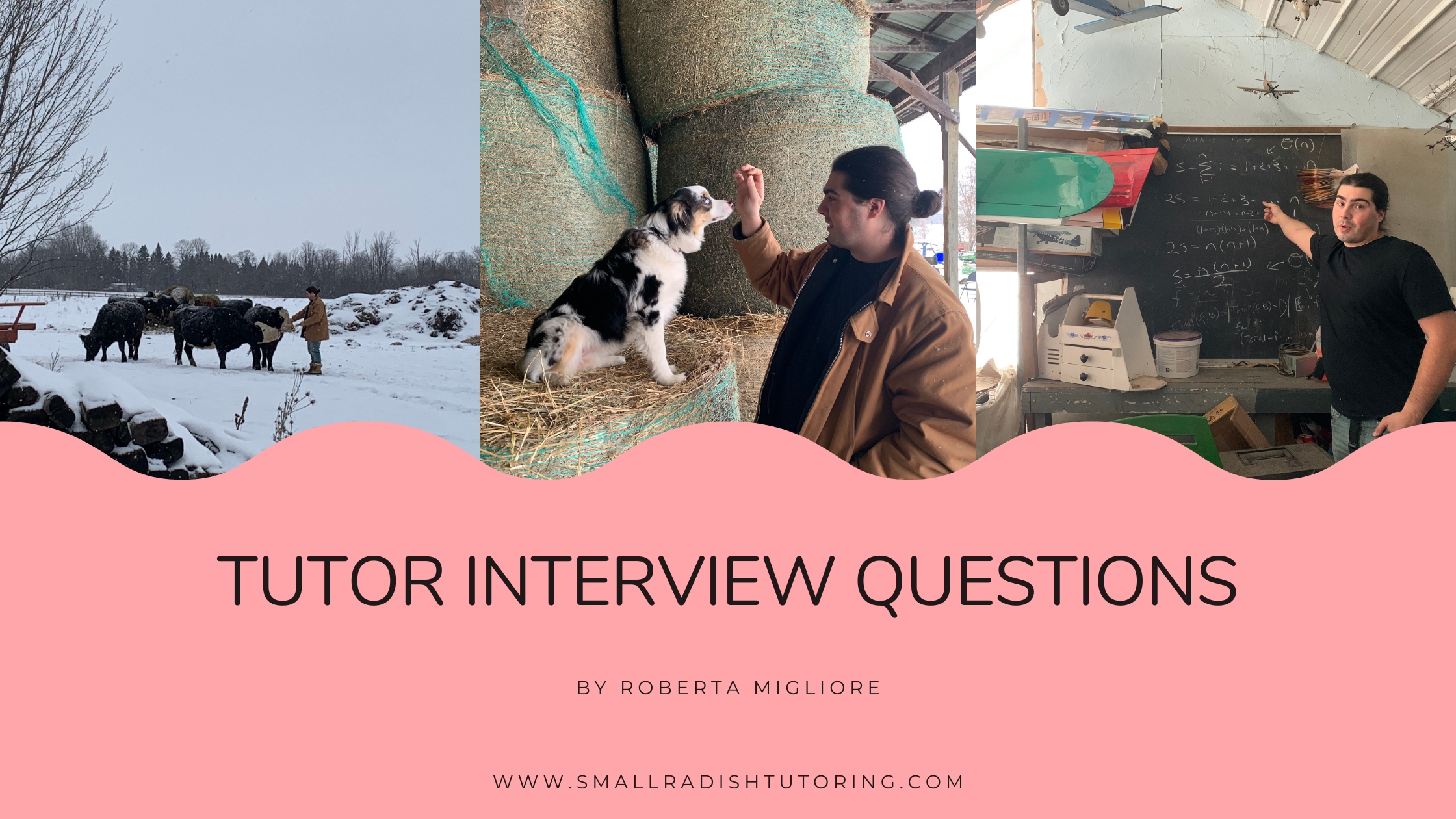1. What inspired you to become an Italian language teacher, as well as a teacher of Latin and history?
It was my passion for teaching and the Italian language itself! I have always been fascinated by how languages can bridge the gap between cultures and people vastly diverse and seemingly far apart.
2. How do you cater to the specific needs of different age groups and backgrounds in your teaching?
Flexibility is key. High school students and adults have different learning schedules and requirements, so I offer online lessons via Zoom or Google Meet. I include a thorough assessment in every course to evaluate each student’s knowledge, skills and areas requiring improvement, to adjust and address their specific needs.
3. What materials and additional resources do you provide to your students?
In addition to all the necessary material, I also include grammar guides, especially targeting exercises, unique reading materials and tailored cultural insights.
4. How do you evaluate and maintain student progress in your courses?
Continuous assessment is crucial. I use regular tests, homework assignments, discussions and oral evaluations to monitor progress. This helps me to better identify any areas which require more focus and it provides the students with a clear idea of their progress. Regular feedback sessions are also a part of my teaching to maintain student motivation and track improvement.
5. How does your experience as a PLIDA examiner at a language centre benefit your students?
My role as a PLIDA examiner and manager of a language centre allows me to provide students with comprehensive preparation for certification exams. This experience ensures that they are well-versed in what to expect and how to excel, whether for residency permits, citizenship applications or professional development. The structured approach and insight into examination procedures give my students a distinct advantage.
6. What can a student expect from your Italian language courses, specifically regarding cultural understanding?
Beyond language proficiency, my students gain a deep cultural understanding of the country as a whole, and of its diverse regional tapestry. My courses integrate Italian history, culture and everyday communication scenarios. This communicative approach is complemented by practical activities like dialogues and role-playing activities. Focusing on pronunciation and modern spoken language enriches the learning experience, making it both educational and fun!



